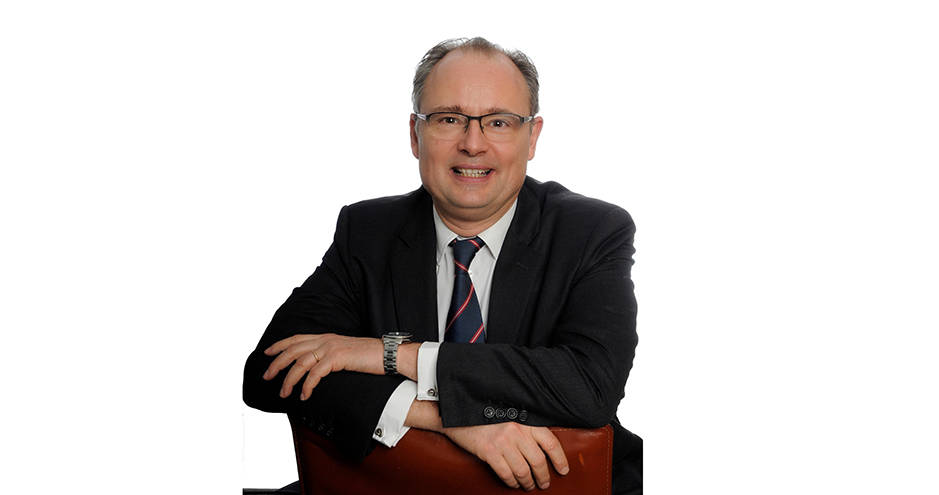5 questions for Franck Ceddaha, Academic Director of the Executive Certificate of Finance in Abidjan
With the launch of the HEC Paris Executive Certificate of Finance in Abidjan, Professor Franck Ceddaha responded to our questions about this program.

Can you explain the Certificate of Finance, in a few words?
The Certificate of Finance is a certificate conducted through ‘blended learning’, in other words, modules which are carried out both online and in-class. The Certificate of Finance is made up of two essential parts : ICCF online training (modules 1 and 2 on financial analysis, valuation of companies), and in-class training on two modules in one week in Abidjan, Ivory Coast (modules 3 and 4 on value creation by financial policies and the understanding of strategies and financial operations).
Who is eligible for this course?
This program appeals to directors, entrepreneurs, accountants, managers, and leaders in the banking world concerned by financial decisions in business and the dimension of creating value. On average, our students have between 10 and 15 years professional experience. Their participation in this executive certificate allows them to give a boost to their careers. The only requirement is a knowledge of the basic techniques of financial analysis and valuation and therefore to have validated the two ICCF modules.
What value does the ICCF add to the careers of your students?
People who have completed the ICCF Certificate of Finance leave with a strong command of the principle concepts of business finance. The program allows them to explore, in depth, their knowledge of finance of which they are already familiar and to integrate a financial dimension into general business strategy.
The credits gained from this certificate make up one of the blocks of the Executive Master Financial Management.
According to you, why is it important to have a strong command of financial mechanisms?
The finance dimension makes up an entire part of business strategy. Mastering costs, continuously assessing its assets and choosing investments are the fundamentals to the durability of a business. Our classes are conducted by local and international professors, in order to be able to provide theoretical and practical expertise that is better adapted to the environment of our participants. As a result, the professors broaden the participants’ areas of competency, leading them to acquire a more global vision and to take part in the strategical development of their businesses.
What are the registration dates and how can you register?
The program consists of two one-week modules in November and December 2019.
All of the information is available on our website and you can contact our Abidjan office using the following address : exedafrica@hec.fr